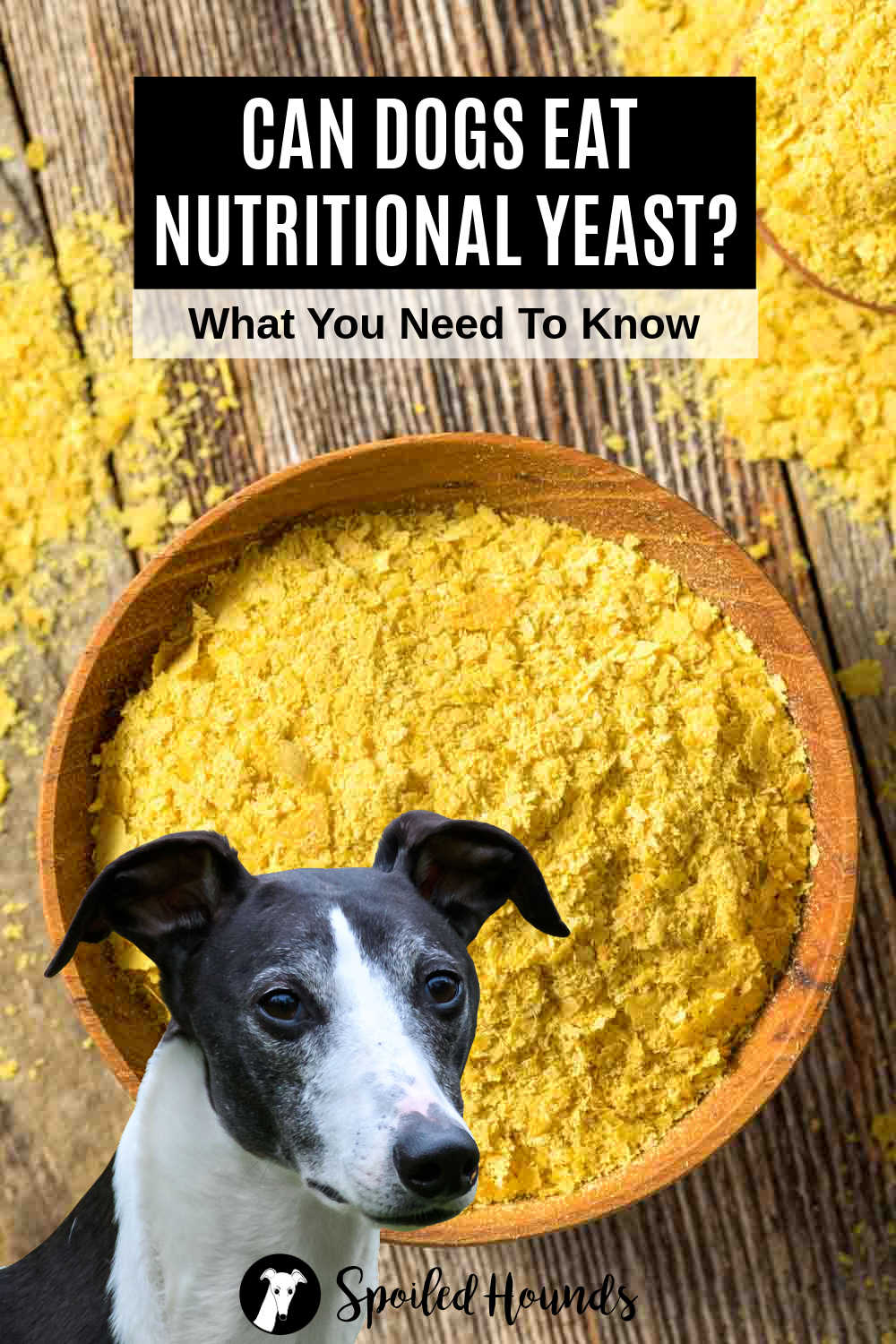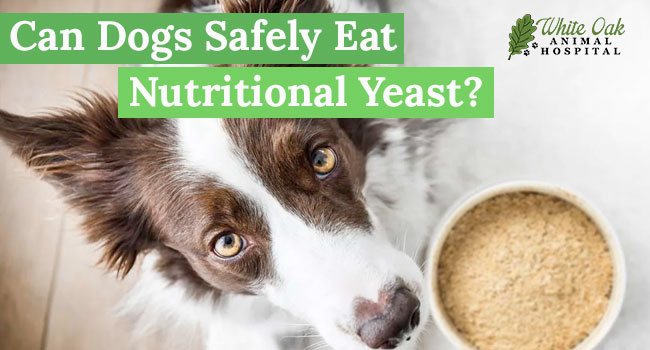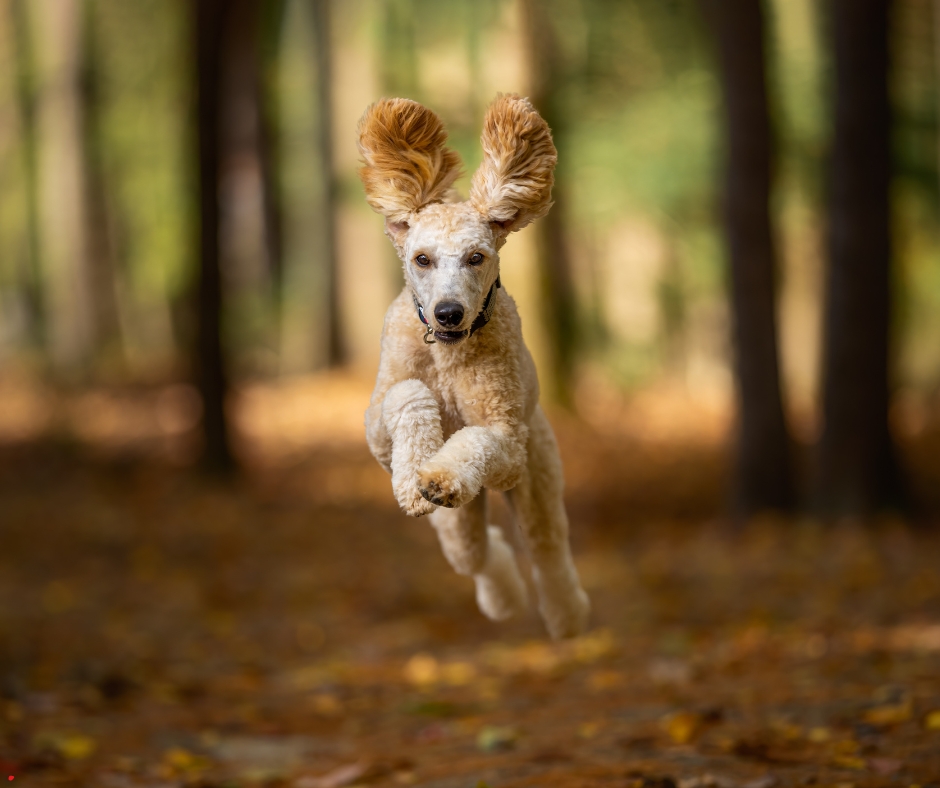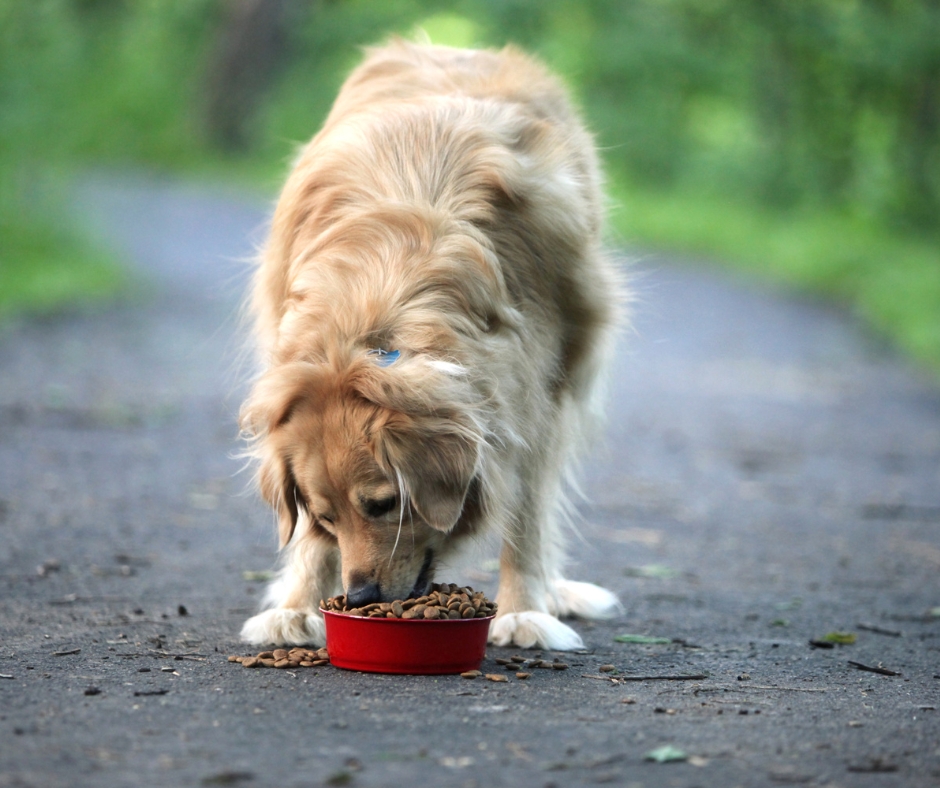Can Dogs Have Nutritional Yeast: Benefits & Risks Explained Yes, when administered in moderation. Though it is healthy, one should utilize it carefully.
Can Dogs Have Nutritional Yeast: Benefits & Risks Because of its high nutrient profile, deactivated yeast is frequently used as a supplement. Packed with B vitamins, protein, and fiber, this might be a great addition to your dog’s diet. It enhances taste and provides essential nutrients, therefore supporting overall health and wellness.
Always feed your dog fresh food gradually, and be on the lookout for any bad reactions. See your veterinarian to be sure nutritional yeast is fit for your dog’s specific needs before adding it to their diet. The correct dose is the secret to avoiding any potential stomach issues.
Overview of Nutritional Yeast
One common food item is Dogs Nutritional Yeast: Benefits & Risks Explain. Usually used as a seasoning or additive, it is well-known for its cheesy, nutty taste and might enhance many kinds of cuisine. For dogs, is it safe? Let first define what nutritional yeast is.
What Is Nutritional Yeast?
Nutritional yeast is deactivated yeast. Made from Saccharomyces cerevisiae is Bread will not thus rise. Rather, it finds usage in food as a component. Its mineral and vitamin count is really high.
There are flakes and powder. It has vivid color and a great taste. Diets both vegetarian and vegan often call for it.
Typical Applications in Human Diet
Can dogs get nutritional yeast? Advantages and drawbacks Explained is flexible and nutrient-dense. Following are some common uses:
- Sprinkling on popcorn or pasta
- Adding to soups and sauces for extra flavor
- Blending into smoothies for a nutrition boost
- Using as a cheese substitute in vegan recipes
Its umami taste attracts people. It’s also a great source of B vitamins, especially B12—which vegans must need.
| Benefits | Details |
|---|---|
| Rich in Protein | Provides all nine essential amino acids |
| High in Fiber | Supports healthy digestion |
| Loaded with Vitamins | Contains B-complex vitamins |
People often wonder whether dogs could eat nutritional yeast given its benefits. Knowing its uses in human diets can help us to make better decisions for our dog.
Dog Nutritional Yeast
One common supplement is Dogs Nutritional Yeast: Benefits & Risks. Many pet owners find use for it for their animals. It offers several health benefits. It has lots of B vitamins and protein. One must understand how to use it with dogs.
Introduction To Canine Use
Dogs Nutritional Yeast: Benefits & Risks is safe for dogs. It has fundamental nutrients. These nutrients help a dog be healthy generally. Its B vitamins increase vitality. They also help with coat and skin conditions.
Nutritional yeast’s protein promotes muscular growth. It stimulates the immune system as well. Dogs gain every day from these elements.
Popularity Among Pet Owners
Many of pet owners like utilizing nutritional yeast. They fit quite well in dog food. It makes food taste better. Dogs love the taste, hence this supplement is rather popular.
Dogs’ health seems better to their owners. They note greater vitality and shinier coats. These encouraging developments help to boost its appeal.
| Benefit | Description |
|---|---|
| B Vitamins | Boosts energy and improves skin health |
| Protein | Supports muscle development and immune function |
| Flavor Enhancement | makes dog food more delicious, which dogs enjoy. |
- B vitamins improve energy levels.
- Protein aids in the development of muscle.
- enhances the health of the skin and coat.
- makes dog food taste better.
Advantages for Dogs’ Health
Nutritional yeast is used for purposes other than only human ones. Dogs also benefit much health-wise from it. This supplement will help your dog in several aspects related to food.
High in B vitamins
Nutritional yeast is abundant in B vitamins. Your dog’s health depends critically on these vitamins. They help to create energy and maintain skin and hair in good condition.
- Vitamin B1 (Thiamine) increases vitality.
- Vitamin B2 (riboflavin) promotes healthy skin and coat.
- Vitamin B3 (Niacin) aids in neurological systems and digestive processes.
- Vitamin B6 (pyridoxine) supports the synthesis of red blood cells and brain health.
- Vitamin B12 is vital for blood production and neuron function.
With these B vitamins, your dog might start become livelier. They also promote their overall welfare.
Strengthens the Immune System
One finds beta-glucans in nutritional yeast. These drugs strengthen immune systems. They can help your dog fight off diseases and maintain his general health.
This easy table shows dogs’ health advantages from beta-glucans:
| Benefit | Description |
|---|---|
| Immune Support | Enhances the body’s defense mechanisms. |
| Anti-inflammatory | Reduces inflammation in the body. |
| Antioxidant | Protects cells from damage. |
Your dog’s diet might benefit from include nutritional yeast. It can keep youngsters fit and active.

Possible Hazards and Adverse Reactions
The health advantages of Dogs Have Nutritional Yeast: Benefits & Risks are frequently lauded. But is dog safe with nutritional yeast? You have to understand the probable risks and negative consequences of giving your dog nutritional yeast.
Reactions to Allergies
For certain dogs, nutritional yeast might induce allergies. Allergies come in several forms. Typical indications and symptoms consist in:
- Itching
- Red skin
- Swelling
- Difficulty breathing
If your dog shows any of these signs, cut off their nutritional yeast intake. See your veterinarian straight away.
Digestive Problems
Still another potential concern is stomach issues. Nutritional yeast might aggravate your dog’s stomach. Symptoms may include:
- Vomiting
- Diarrhea
- Gas
- Loss of appetite
These signs might cause your dog to be uncomfortable. Always start with little amounts. Look for any signs in your dog suggesting digestive issues.
Table Of Potential Risks And Side Effects
| Potential Risk | Symptoms |
|---|---|
| Allergic Reactions | Itching, Red skin, Swelling, Difficulty breathing |
| Digestive Issues | Vomiting, Diarrhea, Gas, Loss of appetite |
If you know the various risks, you might pick the diet for your dog more sensibly. Always acquire your veterinarian’s clearance before adding new meals.
How Nutritional Yeast Can Be Introduced Safely
You might find it beneficial to feed your dog nutritious yeast. It is rich in B vitamins and amino acids. Apply these steps to perform this safely.
Suggested Dosage
Selecting the correct dose is really vital. Start with a little volume. Start with little dogs with one fourth teaspoon. Dogs falling between medium and giant can start with half a teaspoon. Increase the amount progressively over several years. Ten pounds of body weight requires one teaspoon daily, so be sure you don’t exceed that.
| Dog Size | Starting Dosage | Maximum Dosage |
|---|---|---|
| Small | 1/4 teaspoon | 1 teaspoon |
| Medium | 1/2 teaspoon | 2 teaspoons |
| Large | 1/2 teaspoon | 3 teaspoons |
Monitoring Your Dog’s Reaction
Look out for any bad reactions. Among symptoms might be vomiting or diarrhea. Should your dog show any pain, stop immediately. Always acquire your pet’s okay before adding fresh items to their diet. One week after the first introduction, watch.
- Look for behavioral changes.
- Keep an eye on the consistency of your stool.
- Take note of any allergy symptoms.
Keep utilizing nutritious yeast even if everything seems to be in order. Increase the dose progressively following recommended limits.
Comparing Other Supplements With Nutritional Yeast
Many times, pet owners wonder about the benefits of nutritional yeast for dogs. Its true value cannot be ascertained without comparison with other supplements. This part will go over the differences between nutritional yeast and several other well-known supplements.
Comparing Nutritional and Brewer’s Yeast
Both nutritional yeast and brewer’s yeast can help dogs. Their sources differ and they have different benefits.
| Aspect | Brewer’s Yeast | Nutritional Yeast |
|---|---|---|
| Source | Byproduct of beer brewing | Grown specifically for supplements |
| Flavor | Bitter | Cheesy, nutty |
| Nutrients | Rich in B vitamins, protein | High in B vitamins, protein, and fiber |
| Benefits | Boosts immune system, repels fleas | Supports digestion and enhances coat health |
Synthetic vs. Natural Supplements
It can be difficult to decide between natural and synthetic supplements. Each has benefits and drawbacks of its own.
- Natural Supplements: Made from complete foods. They have fewer ingredients and are less processed.
- Lab-created synthetic supplements. They offer concentrated forms of particular nutrients.
Natural supplements with a balanced nutritional profile include nutritional yeast. Although they offer specific nutrients, synthetic supplements cannot have the same synergy as natural ones.
Advice from Veterinarians
Before putting nutritional yeast into your dog’s diet, you really should see a veterinarian. This assures your dog won’t suffer from the supplement and will help him. Regarding the safe use of nutritional yeast for dogs, vets can provide some insightful analysis.
Professional Views
Many doctors agree that dogs may safely eat nutritional yeast. Your dog depends on b vitamins, which abound in it for its wellness. B vitamins help to support a good coat, improved digestion, and a robust immune system.
Additionally noted by veterinarians is the protein found in nutritional yeast, which helps muscles grow and heal. Low in calories and fat, this is a healthy supplement to your dog’s diet.
When to See Your Vet
See your veterinarian before including nutritional yeast into your dog’s diet. Under the following circumstances, you should most certainly see your veterinarian:
- If there is a health issue with your dog
- If your canine companion is taking medicine
- If your canine companion has any allergies
- If, after taking the supplement, you experience any negative side effects
Your veterinarian can help you determine the correct dosage and ensure it fits generally your dog’s diet. They also monitor your dog’s condition and make any adjustments.
| Condition | Consultation Needed |
|---|---|
| Medical Condition | Yes |
| Medication | Yes |
| Allergies | Yes |
| Adverse Reactions | Yes |
Always follow your veterinarian’s advise to keep your dog healthy and happy. Under professional direction, nutritional yeast may be a great addition to your dog’s diet.

Concluding remarks
Determining if dogs can eat nutritional yeast can be challenging. One must carefully consider the benefits against the hazards. This section will review important aspects to help you decide with knowledge.
An overview of the advantages and risks
Nutritional yeast has several benefits for dogs in several spheres. The salient advantages are summarized below:
- Packed with B vitamins
- strengthens the immune system
- improves coat health
However, there are some dangers. Here are some things to be aware of:
- Possible allergies
- High sodium content
- Potential gastrointestinal distress
Making an informed choice
Take into account the following procedures to determine whether nutritional yeast is appropriate for your dog:
- See your veterinarian.
- Begin with modest quantities.
- Watch for any responses.
This is a brief reference table that highlights the main ideas:
| Aspect | Details |
|---|---|
| Benefits | Rich in nutrients, immune booster |
| Risks | Allergies, high sodium, digestive issues |
| Steps | Consult vet, start small, monitor |
Making an educated choice guarantees your dog’s continued happiness and health. Always monitor any changes in their health or behavior.

FAQ
Can dogs eat nutritional yeast?
Dogs may indeed safely eat nutritional yeast. It provides key vitamins and minerals. Use it seldom always.
Does nutritional yeast help dogs?
Nutritional yeast is good for dogs indeed. It boosts immune system strength and general wellness.
How much can dogs eat of nutritional yeast?
Small amounts of nutritious yeast can be given to dogs. Usually, one teaspoon is enough each day.
Can Dogs’ Coats Benefit from Nutritional Yeast?
It’s true that nutritional yeast makes dogs’ coats better. It has proteins and B vitamins, which support healthy skin and fur.
In summary.
Given sparingly, nutritional yeast may be a treat for dogs that is quite healthy. It supplies a spectrum of minerals and vitamins. See your veterinarian always before adding fresh foods to your dog’s diet. Make sure you are on lookout for allergic responses. Including it will help your pet be generally healthier.










